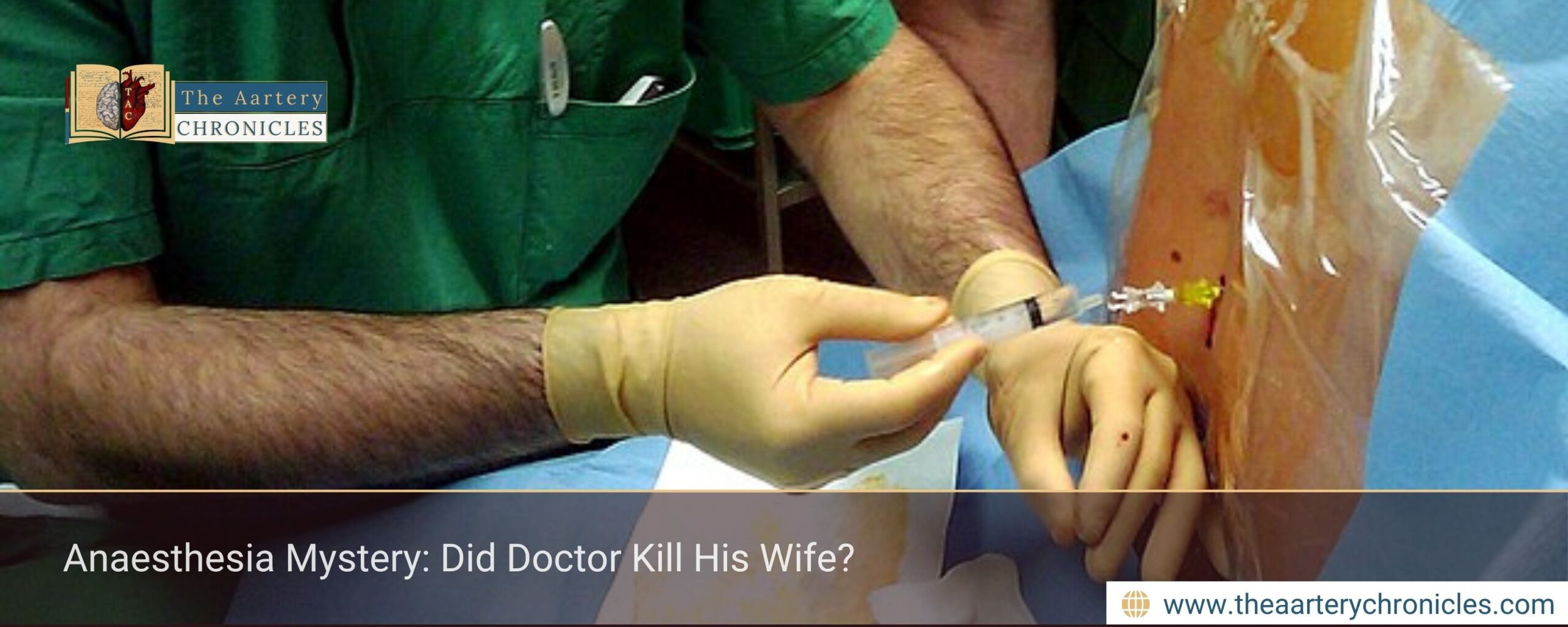

Anaesthesia Mystery: Did Doctor Kill His Wife?
The ongoing Bengaluru dermatologist murder case involving the mysterious death of Dr. Kritika M. Reddy has taken a new turn. Her husband, Dr. Mahendra Reddy G. S., a 31-year-old surgical resident at the Institute of Gastroenterology Sciences and Organ Transplant (IGOT), has been arrested by the Bengaluru police for allegedly administering a fatal dose of an anaesthetic drug. However, Mahendra now insists that he never gave his wife any anaesthesia, adding a fresh layer of complexity to the investigation.
Tragedy Strikes Two Months After Marriage
Dr. Kritika, 28, a dermatologist at Victoria Hospital, was found dead on April 24, barely two months after her wedding in March 2024. Mahendra had rushed her to Cauvery Hospital in Marathahalli, claiming she had suddenly fallen unconscious at their home in Whitefield. Unfortunately, she was declared dead upon arrival.
Initially, police registered the incident as an unnatural death. However, suspicions deepened after Kritika’s family accused Mahendra of administering a lethal injection under the guise of medical treatment.
FSL Report Reveals Presence of Propofol
The turning point in the Bengaluru dermatologist murder case came with the Forensic Science Laboratory (FSL) report. It confirmed the presence of Propofol, a powerful intravenous anaesthetic commonly used to induce unconsciousness during surgical procedures, in Kritika’s viscera samples.
This crucial finding prompted investigators to reclassify the case as murder instead of accidental death. Police Commissioner Seemant Kumar Singh stated that the report clearly showed the drug’s presence, leading to the arrest of Mahendra earlier this week in Manipal.
Devices Seized and Another Woman’s Role Under Scrutiny
Mahendra, now in nine days of police custody, has reportedly remained tight-lipped during interrogation. Officers say he maintains that he did not administer any drug to his wife.
To uncover the truth, police have seized laptops, mobile phones, and other electronic devices from his Gunjur residence for forensic analysis. Investigators are also examining reports about Mahendra’s alleged closeness with another woman, which could reveal a possible motive behind the crime.
Claimed to Treat Wife for Gastrointestinal Problems
According to the police, Mahendra told doctors and authorities that Kritika had been suffering from gastrointestinal discomfort for some time. He claimed he was only trying to treat her symptoms when she lost consciousness.
However, medical experts point out that gastroenteritis is not a serious or life-threatening illness, raising doubts about his explanation. Investigators believe this could have been a cover-up for something far more deliberate.
Family’s Allegations and Plea Against Autopsy
After Kritika’s death, her father, K. Muni Reddy, filed a fresh complaint, accusing Mahendra of intentionally giving his daughter an overdose of anaesthetic medication. Police sources revealed that Mahendra even tried to avoid an autopsy, urging both the hospital and the police to skip it.
Despite his pleas, officials went ahead with the postmortem, an act that ultimately uncovered the Propofol traces and transformed the entire direction of the case.
What Lies Ahead in the Bengaluru Dermatologist Murder Case
As investigations continue, police are focusing on two critical questions:
- How did Mahendra obtain Propofol, a controlled drug that is difficult to access without authorization?
- What was his real motive? Was it personal conflict, health-related frustration, or something else entirely?
Authorities also suspect that another woman could be connected to the case, though they have yet to confirm her involvement.
Medical Insight: The Role of Propofol
Propofol, often dubbed the “milk of anaesthesia” due to its milky appearance, is used to induce sleep during surgery. However, when administered in excessive doses, it can cause respiratory depression, cardiac arrest, and death. Because of its potency, it is classified as a high-risk medication that must only be handled by trained medical professionals under strict supervision.
Conclusion
The Bengaluru dermatologist murder case continues to unfold, revealing shocking details from what first appeared to be a natural death. The forensic confirmation of anaesthetic overdose has turned the spotlight on medical ethics, access to controlled drugs, and the dark side of domestic relationships within the medical fraternity.
Police remain determined to uncover the truth behind Dr. Kritika Reddy’s tragic death and whether it was truly a case of medical misjudgment or cold-blooded murder masked as treatment.
Source: Inputs from various media Sources
I’m a pharmacist with a strong background in health sciences. I hold a BSc from Delhi University and a pharmacy degree from PDM University. I write articles and daily health news while interviewing doctors to bring you the latest insights. In my free time, you’ll find me at the gym or lost in a sci-fi novel.
- Priya Bairagi
- Health News and Updates,People Forum
- 18 October 2025
- 13:00








